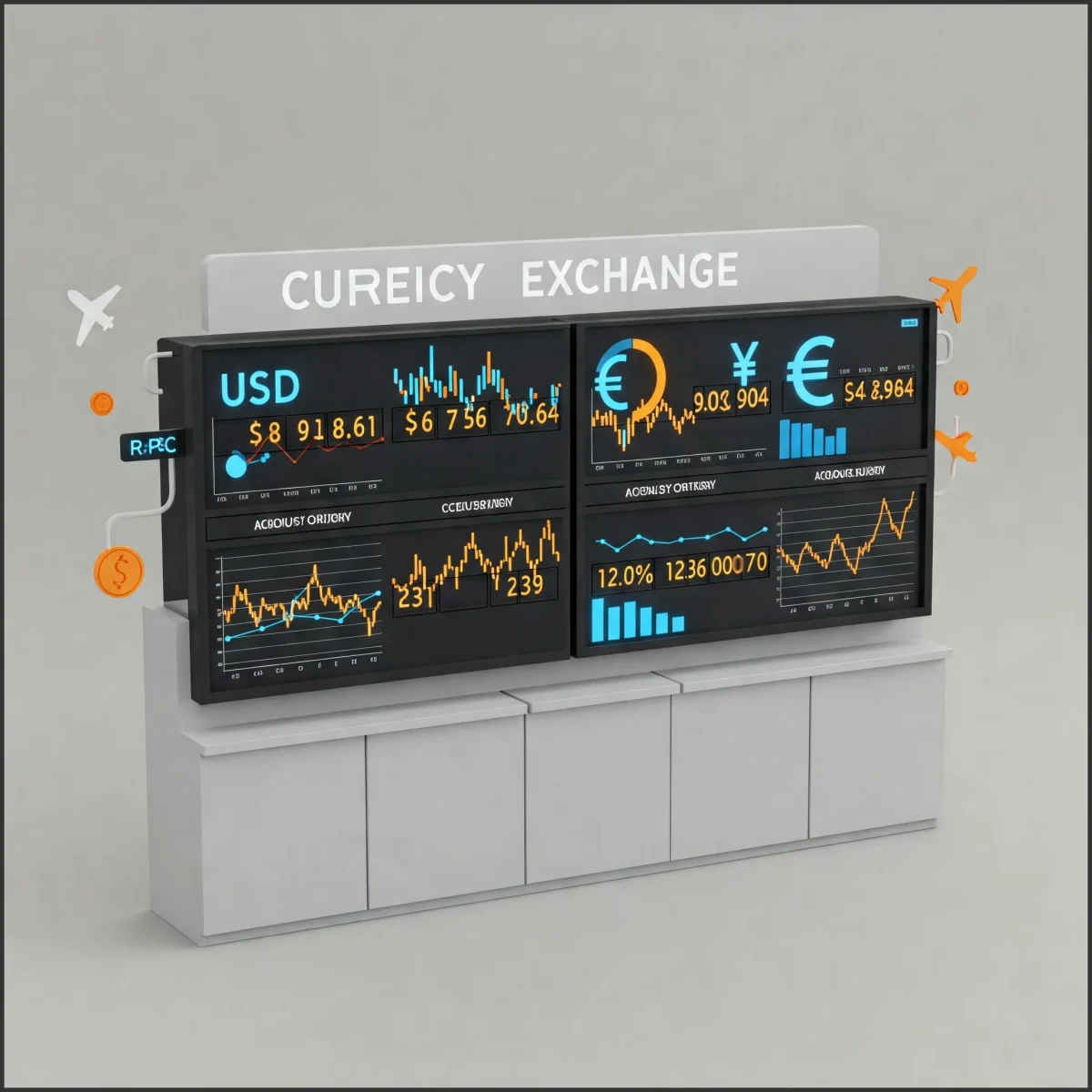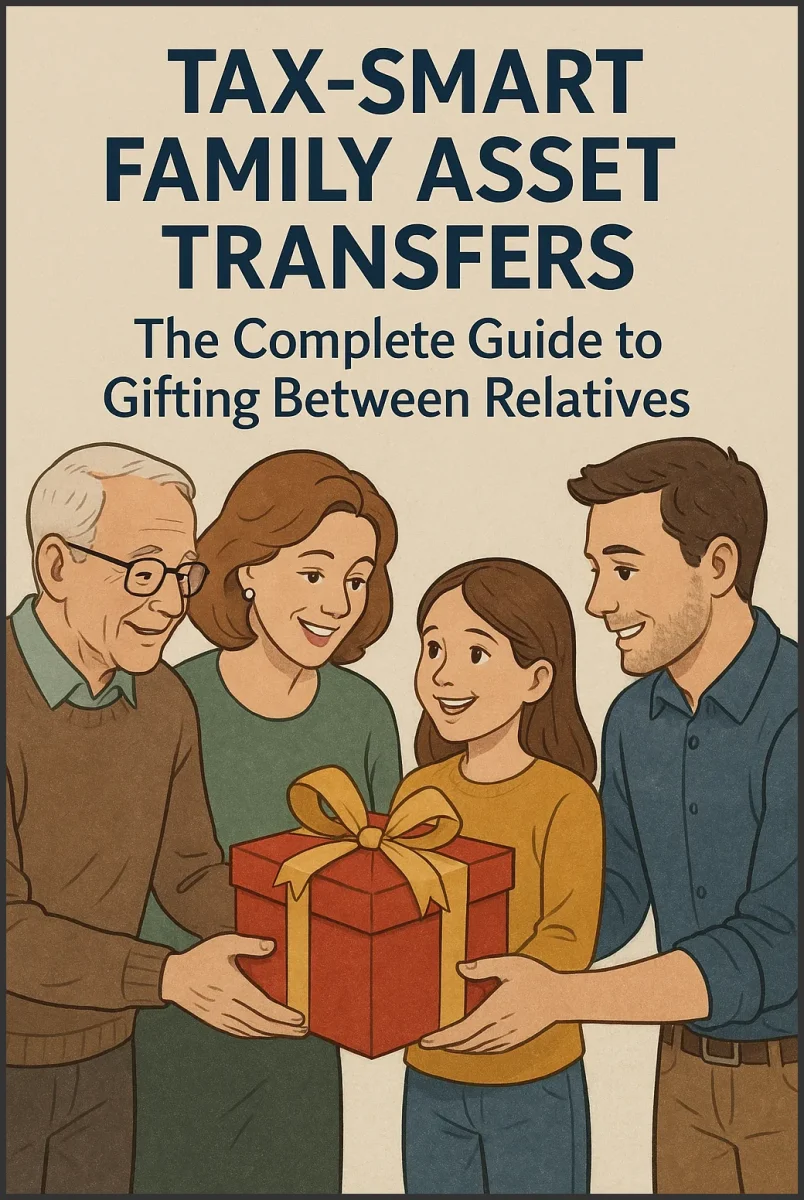
Tariffs on travel costs are the hidden budget-killer no one warned you about! Listen, if you’re planning international travel this year, we need to have a serious heart-to-heart about your vacation finances. As someone who’s been watching my vacation dollars stretch thinner each year, I’ve learned that understanding the economic factors behind travel costs is absolutely essential for smart planning in 2025.
The reality? Those tariffs making headlines aren’t just affecting the price of your imported clothes or electronics—they’re hitting our wanderlust dreams hard too. Let me break down what’s happening and share some battle-tested strategies to keep your travel dreams alive without breaking the bank.
The Devastating Impact of Tariffs on Travel Costs in 2025
Here’s something they don’t tell you when you’re scrolling through those dreamy Instagram travel posts: international trade disputes are silently inflating your vacation costs. The current economic landscape, particularly those steep reciprocal tariffs between major economies like the U.S. and China (some reaching as high as 125%!), has created a perfect storm for travelers.
As a mom who’s been planning our family’s international trips for years, I’ve noticed these changes happening in real-time. Last summer’s European adventure cost nearly 20% more than our similar trip three years ago—and it wasn’t just inflation at work.

How Tariffs on Travel Costs Are Draining Your Vacation Budget
When countries impose tariffs on imported goods, the effects ripple through the entire travel industry:
- Airlines face higher operational costs: With tariffs affecting aircraft parts and fuel, carriers pass these expenses directly to passengers. According to the International Air Transport Association, these factors contributed to a 7.2% increase in average airfare prices from 2024 to 2025.
- Accommodation becomes pricier: Hotels rely on imported goods for everything from linens to electronics. When those costs increase due to tariffs, room rates inevitably follow suit.
- Local transportation and dining costs climb: Even once you’ve reached your destination, you’ll feel the pinch as local businesses adjust their prices to compensate for higher import costs.
The Currency Exchange Factor
Let’s talk currency exchange—because nothing impacts your travel budget quite like the strength of your dollar abroad. Trade disputes and tariffs create currency volatility that can make or break your vacation budget.
For example, the U.S. dollar’s fluctuations against the euro have made European travel significantly more expensive for Americans in 2025. I learned this lesson the hard way during our family trip to Italy last spring. The exchange rate shifted dramatically in the weeks before our departure, effectively adding hundreds to our total vacation cost.
Smart Budget Strategies to Combat Tariffs on Travel Costs
Now that we understand what we’re up against, let’s talk solutions. If you’re committed to exploring the world despite these economic challenges (and trust me, I believe travel is always worth it!), these strategies can help protect your budget:
Destination Selection: Think Currency Advantage
Some of my best travel experiences have come from pivoting to destinations where the U.S. dollar holds strong. In 2025, several emerging markets offer exceptional value due to favorable exchange rates:
- Southeast Asia (particularly Vietnam and Malaysia)
- Parts of South America (Colombia and Peru)
- Eastern European countries outside the Eurozone (like Hungary and Romania)
When planning your next adventure, consider places where economic conditions work in your favor. For instance, our family’s recent experience with tax-smart international asset planning helped us make smarter decisions about where to travel based on our overall financial picture.
Timing Is Everything: Strategic Booking and Travel Seasons
The when matters as much as the where:
- Book flights 3-5 months ahead: According to Expedia’s 2025 Air Travel Hacks Report, this booking window consistently yields the best prices despite tariff-related fluctuations.
- Embrace shoulder seasons: Traveling just before or after peak season can reduce costs by 30-40% while still offering excellent experiences. For example, visiting European destinations in May or September rather than June-August delivers similar weather but much lower prices.
- Monitor currency trends: I use apps like XE Currency to track exchange rates and time my bookings when rates are most favorable.
Accommodations: Think Beyond Traditional Hotels
The accommodation landscape has evolved, offering budget-friendly alternatives that weren’t widely available a decade ago:
- Home exchanges: Platforms like HomeExchange.com have revolutionized how families can experience international destinations without the accommodation costs.
- Extended-stay options: For longer trips, apartment rentals with kitchen facilities can dramatically reduce your food budget. We saved nearly $1,200 on our two-week Japan trip by cooking breakfast and occasional dinners in our Airbnb.
If managing family schedules for travel planning feels overwhelming, you might find value in digital family sharing apps that help coordinate travel logistics among family members. These tools have been a game-changer for our family’s travel planning efficiency.
Tourism Taxes and Additional Fees: The Hidden Budget Busters
Beyond tariffs, many popular destinations have introduced or increased tourism taxes to manage overtourism and generate revenue:
- Venice’s visitor tax: Rising to €10 daily in 2025
- Thailand’s planned tourism levy: Expected mid-year
- Greece’s doubled daily tourist tax: Particularly during peak seasons
These fees might seem small individually, but they add up quickly for families or longer stays. The key is to research and budget for these additional costs before your trip rather than being surprised at check-in.
Prepayment Strategies for Better Budgeting
One approach I’ve found helpful is prepaying as many travel expenses as possible when exchange rates are favorable:
- Lock in accommodations with free cancellation policies: This protects your rate while maintaining flexibility.
- Purchase attraction tickets online in advance: Many destinations offer discounts for advance purchases, and you’ll avoid currency exchange fees on site.
- Consider prepaid travel cards: Multi-currency cards like Wise or Revolut offer better exchange rates than traditional credit cards and help control spending.
The Inflation Factor in 2025 Travel
Alongside tariff impacts, traditional inflation continues to affect travel costs. Global tourism inflation is outpacing general inflation in many regions, with package holiday prices in Europe alone rising by 6.6% between mid-2023 and 2024, according to the European Travel Commission.
For families trying to manage these rising costs, the economic trade-offs can be challenging. Some parents are finding themselves weighing vacation expenses against other financial priorities, similar to the calculations many make when deciding between staying home with children versus working while paying for childcare.
Technology as a Budget-Saving Tool
Let’s not forget how technology can help manage travel costs in this complex economic environment:
- Price tracking tools: Services like Hopper and Google Flights can alert you to price drops despite the general upward trend.
- Cashback platforms: Sites like Rakuten offer rebates on travel bookings that can partially offset tariff-related price increases.
- Local payment apps: Using region-specific payment platforms often eliminates foreign transaction fees.
These technological solutions, much like the AI-powered tools transforming other aspects of modern life, can provide significant savings when used strategically.
Looking Forward: Travel Cost Projections for Late 2025 and Beyond
According to the Global Business Travel Association’s 2025 forecast, we can expect continued upward pressure on travel prices throughout this year, with potential stabilization in early 2026 if international trade tensions ease.
For travelers planning trips in late 2025, consider:
- Budgeting for a 5-10% cost increase: Over comparable trips in 2024
- Building in financial buffers: For unexpected tariff or tax changes
- Considering travel insurance: To protect against economic volatility
Final Thoughts: The Value Proposition of Travel in Challenging Economic Times
Despite these economic challenges, international travel continues to offer immeasurable value in terms of experiences, education, and perspective. The key is approaching it with eyes wide open about the real costs in today’s tariff-impacted economy.
By understanding how global economic forces affect your travel budget and implementing strategic planning, you can still explore the world without financial stress. As someone who prioritizes travel experiences for my family despite economic headwinds, I believe the memories and connections made are worth the extra planning effort.
What strategies have you found effective for managing travel costs in today’s economy? I’d love to hear your experiences in the comments below!
For more detailed information about how global tariffs are impacting various economic sectors, the Peterson Institute for International Economics offers comprehensive analysis and updated data on trade policies worldwide.

